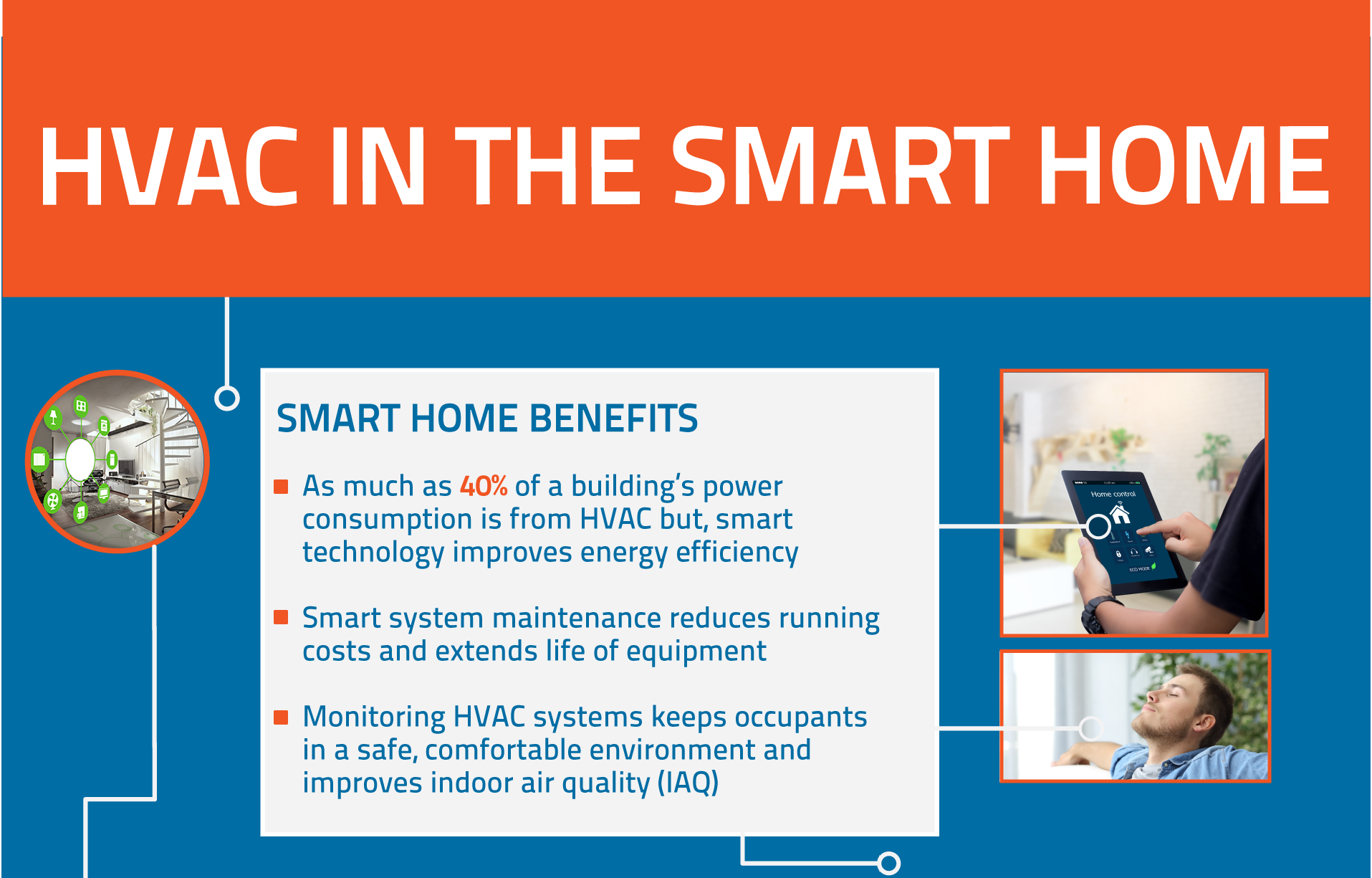The Relationship Between Climate Conditions And Heatpump Efficiency, Along With Solutions To Improve Performance
The Relationship Between Climate Conditions And Heatpump Efficiency, Along With Solutions To Improve Performance
Blog Article
Article By-Creech Termansen
When it involves your heat pump, weather condition plays a critical function in its efficiency. From freezing temperatures to sweltering heat, each element can impact how efficiently your system runs. Yet what can you do to fight these weather-related challenges and ensure your heatpump is working at its finest? Remain tuned to uncover useful pointers and methods to optimize your heatpump's performance, regardless of the climate condition it encounters.
Weather Variables Influencing Heat Pump Efficiency
Weather condition aspects have a considerable influence on the performance of heat pumps. One crucial factor is temperature. Heat pumps function by transferring warm from outside to inside during wintertime and the other way around in summer. As temperatures drop, it comes to be harder for the heatpump to extract heat from the outside air, decreasing its effectiveness.
Another crucial element is humidity. High moisture degrees can make it more tough for the heatpump to release warmth throughout the cooling process.
Furthermore, wind speed contributes. Strong winds can dissipate the heat taken in or launched by the heat pump, affecting its general efficiency.
Tips for Optimizing Heat Pump Performance
To boost the performance and long life of your heatpump, carrying out a few crucial approaches can make a substantial difference in its performance.
To start with, guarantee routine maintenance by cleaning or changing filters every 1-3 months to avoid airflow blockages and make the most of air movement. Furthermore, routine annual specialist evaluations to discover and deal with any kind of prospective issues beforehand.
Optimal thermostat setups likewise play a crucial function. During the winter, aim for a temperature level setup that's as low as comfy, and during the summer, set it as high as comfy to decrease the workload on your heat pump. Using a programmable thermostat can aid you immediately readjust settings based on your routine.
Additionally, securing leaks in ductwork and shielding air ducts in unconditioned spaces can prevent energy loss and enhance overall system performance.
Last but not least, think about installing a wise thermostat that can discover your habits and adjust settings accordingly, further maximizing your heatpump's efficiency. By complying with these ideas, you can guarantee your heatpump operates successfully and effectively throughout the year.
Best Practices for Weatherproofing Your Heatpump
For optimum performance and performance of your heat pump, applying weatherproofing steps is important. Beginning by securing any spaces or fractures around doors, windows, and ductwork to prevent warmth loss and keep a consistent interior temperature.
Shield exposed pipes and air ducts to avoid freezing throughout winter and make sure proper airflow. Consider installing a protective cover over the outdoor device to shield it from harsh weather condition elements like snow, ice, and particles.
Consistently clean the outside system to remove dirt, leaves, and debris that can block airflow and reduce efficiency. Additionally, keep Recommended Online site around the heat pump clear of snow, ice, and plant life to permit correct air flow.
Final thought
Since you understand exactly how climate affects your heatpump efficiency, you can take proactive actions to enhance its performance. By complying with the pointers outlined in this post, such as normal maintenance, thermostat modifications, and weatherproofing actions, you can ensure that your heat pump operates at its best despite the weather conditions. Remain successful and maintain your home comfortable all the time.
